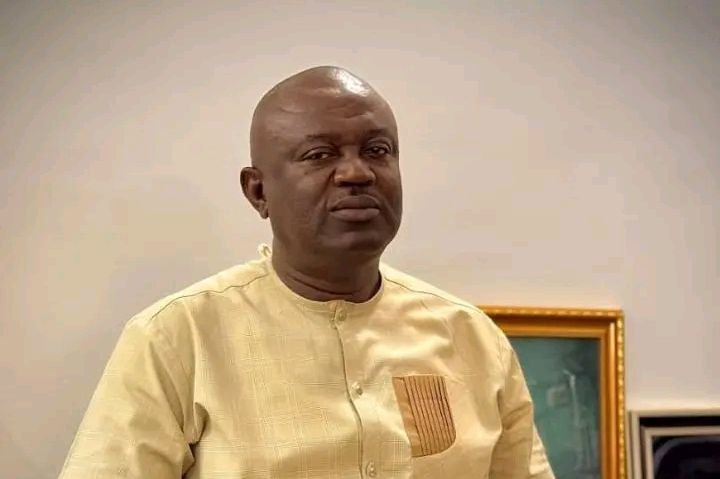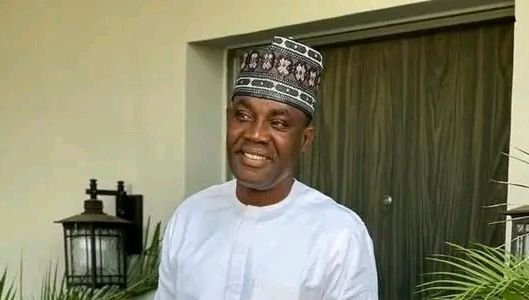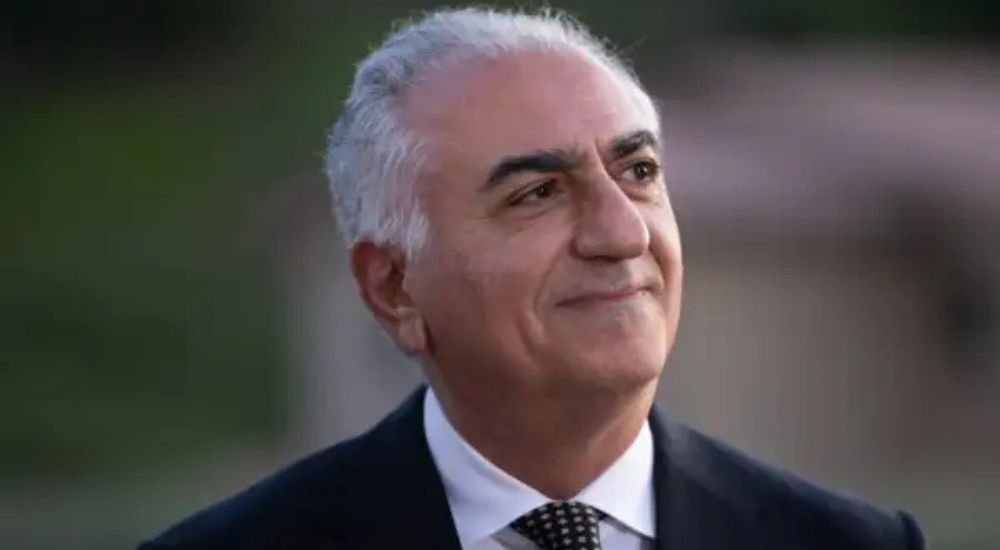In a flurry of legislative activity, the Senate and House of Representatives have put forward a series of proposals aimed at addressing key economic, security, and regulatory challenges as the nation gears up for the 2025 budget.
The Senate has taken the lead on economic revitalisation by requesting a special intervention fund of ₦10 billion for the capital market. Lawmakers believe that this targeted financial boost is crucial to restoring investor confidence amid recent market turbulence. “A well-capitalised market is the bedrock of economic growth,” a senior Senator commented, emphasising that the intervention fund would not only stabilise current investments but also attract new ones into the capital market.
Meanwhile, the House of Representatives has tabled several initiatives reflecting a broad policy agenda. Among these, the House is calling for the suspension of the telecoms tariff hike until significant improvements are made in service delivery. Lawmakers argue that increasing tariffs without corresponding enhancements in quality would unfairly burden consumers and stifle growth in an already competitive sector.
In another contentious move, Members of the House have demanded a public apology from ARISE News following alleged derogatory comments directed at the institution. The representatives contend that such remarks undermine the dignity and credibility of the legislative body and have vowed to hold the media accountable for irresponsible reporting.
Security concerns also featured prominently on the House’s agenda. Lawmakers urged enhanced counter-terrorism operations and a revamp of intelligence-gathering strategies in the North East—a region that has experienced persistent insecurity and violent extremism. “Robust security measures are imperative to safeguard our citizens and restore peace in the affected areas,” one representative stated during a session.
Rounding off the legislative proposals is the House’s recommendation to establish a dedicated regulatory body for organ harvesting, transplant, and donations. This move comes amid growing calls for a more structured and ethical approach to organ donation, with proponents arguing that a regulatory framework will help curb illicit practices while ensuring that life-saving procedures adhere to internationally accepted standards.
The proposals, collectively reflecting a proactive approach to national challenges, will now be subjected to further debates and scrutiny in the respective committees. Stakeholders from various sectors have expressed both cautious optimism and pointed criticism, underscoring the complexity of balancing economic growth, consumer protection, security, and ethical medical practices in today’s Nigeria.
As the nation looks ahead to the budget, these legislative initiatives signal a determined effort by both chambers of the National Assembly to address pressing issues head-on, paving the way for reforms that could reshape key aspects of Nigerian life.




